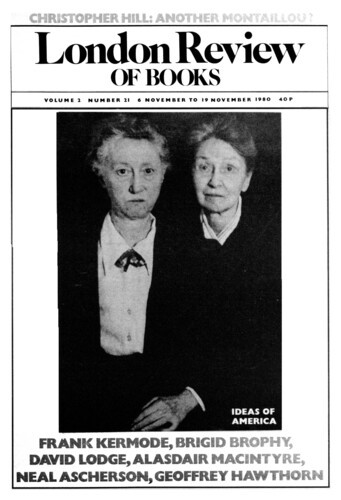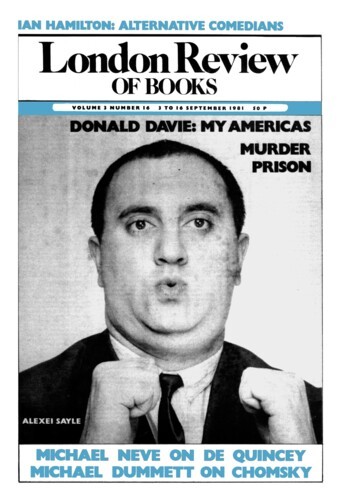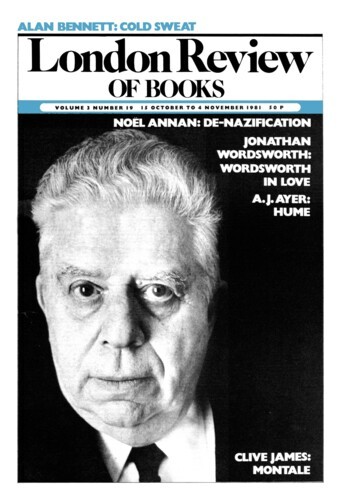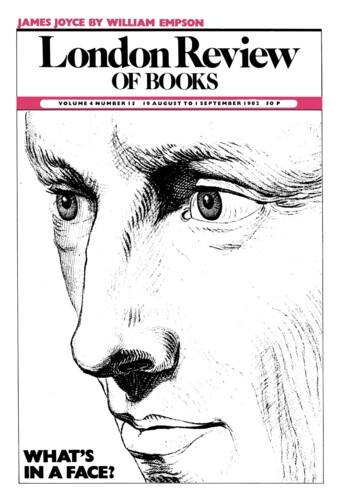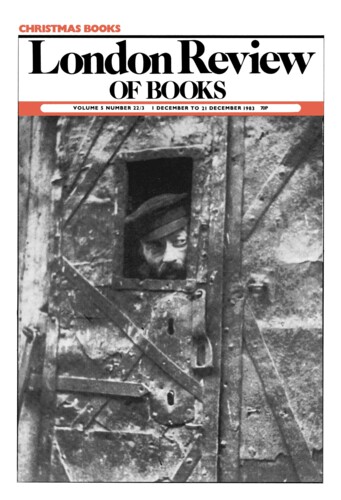The Englishness of English
Roy Harris, 6 November 1980
England has never had an official body equivalent to the Académic Française or the Italian Accademia della Crusca. And that is no accident. For the Englishman has scant respect for experts, of whatever kind. Telling Englishmen what they ought to do for their own good has been a hazardous enterprise throughout history. But a permanent committee to tell them how they ought to use their own native language would be an institutionalised insult. Setting up an English Academy to watchdog it over the language would have guaranteed defeat or exile for any government or monarch foolish enough to try it on.
